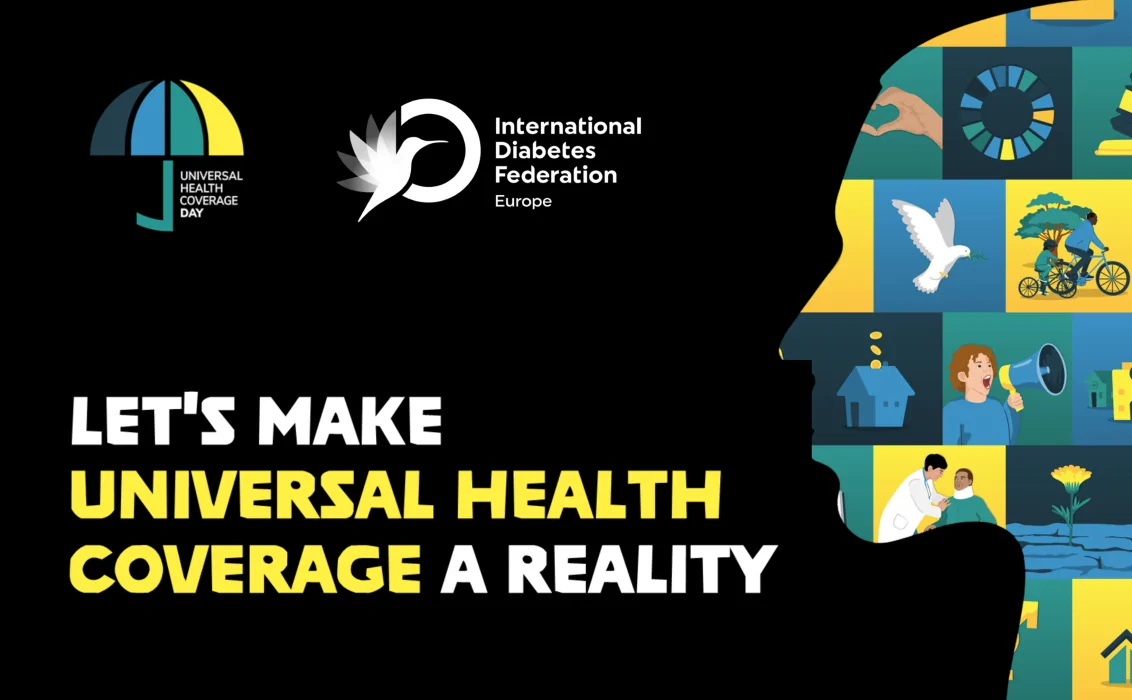The 72nd session of the WHO Regional Committee for Europe (RC72) took place on 12–14 September 2022 in Tel Aviv, Israel. Health ministers and high-level delegates of the 53 Member States of the WHO European Region as well as representatives of civil society organisations gathered to discuss public health challenges and ongoing health emergencies such as COVID-19 and monkeypox. Health leaders also reflected on the progress achieved in the implementation of the European Programme of Work (EPW) 2020–2025 – “United Action for Better Health in Europe” at the country level, with the aim to promote and advance public health and well-being of all Europeans.
One of the main agenda items was the Regional Digital Health Action Plan for the WHO European Region 2023–2030. The action plain intends to “support countries in leveraging and scaling up digital transformation for better health and in aligning digital technology investment decisions with their health system needs, while fully respecting the values of equity, solidarity and human rights.” The Regional Digital Health Action Plan identifies four priorities to fulfil this vision:
- setting norms and developing technical guidance;
- enhancing country capacities to better govern digital transformation in the health sector and advance digital health literacy;
- building networks and promoting dialogue and knowledge exchange;
- conducting horizon-scanning and landscape analysis for patient-centred solutions that can be scaled up.
IDF Europe strongly welcomes the Regional Digital Health Action Plan for the WHO European Region 2023-2030 and its guiding principles. We are convinced that adopting digital health has become imperative to ensuring the transition towards more resilient healthcare systems and lowering the risk of people developing diabetes and other non-communicable diseases (NCDs) as well as ensuring more efficient treatment and management of chronic conditions.
We particularly commend the Plan’s vision of “accelerating the development and adoption of appropriate, accessible, affordable, scalable and sustainable person-centric digital health solutions”. Leaving no-one behind should be the driving principle of the adoption and deployment of digital health as inequalities in health access and outcomes are considerable across Europe.
The Digital Health Action Plan also recognises a patient-centred approach as a prerequisite to building trust. This will be greatly strengthened by ensuring that the approach is not only patient-centric, but co-created with citizens, patients and their representatives.
We also agree that the gaps in the evidence base on digital health must be addressed in order, among other things, to promote the redesign of health systems towards fully integrated, value-based healthcare.
One understated aspect within the plan is the potential of adopting digital tools and technologies to reinforce primary prevention and keep away from healthcare systems those most at risk, rather than limiting their use to the management of people already in the system. We urge governments to look at their data frameworks to allow for optimal and ethical use of secondary data as a way of optimising prevention and care.
To read our full position statement, please, go here.
To read a joint statement by EuroHealthNet that we supported, please, go here.



